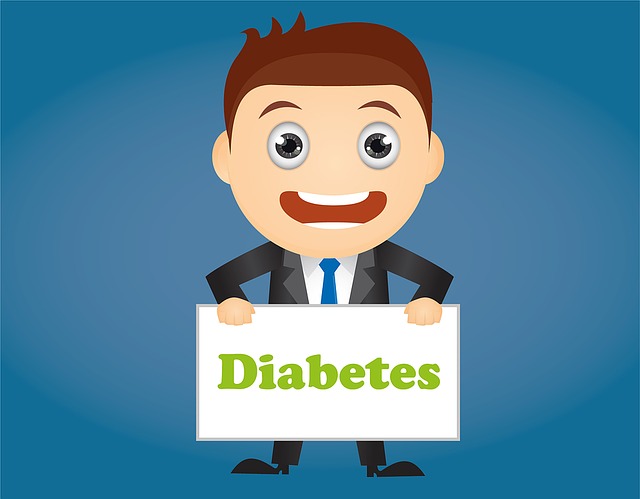What is Hypoglycaemia?
Hypoglycaemia is a medical condition in which the blood sugar levels of a diabetic drop subsequently. It is important to treat this condition as soon as the person is diagnosed with hypoglycaemia. Otherwise, it could lead to other chronic conditions such as the lack of coordination among body organs and the inability to focus. In severe cases, the victim might fall unconscious as the brain doesn’t get enough glucose.
Symptoms associated with hypoglycaemia:
• Dizziness
• Light headedness
• Intense headache
• Sweating
• Paleness
• Shivering and shaking in the body
How can I treat hypoglycaemia?
As mentioned earlier, hypoglycaemia should be treated immediately. Quick medical intervention helps in saving the person from falling prey to potentially serious problems. If the symptoms of hypoglycaemia surface, as an instant remedy you can try any of the following:
• Immediately grab a few candies and eat them
• Have some fast-acting carbohydrates
• Sweet fruits also come to your rescue during this time
• Simply eat 2 or 3 teaspoons of sugar.
Basically, consume anything sweet to overcome this situation. However, remember not to overeat sweet items, as it causes your glucose levels to increase beyond control. Above all, the best solution is to take a tablet prescribed by your diabetologist. Tablets help in keeping the blood sugars at moderate level. So, keep your medicines stocked at home. You can purchase medicine online right at the comfort of your home and get the medicine delivery at doorstep.
What causes hypoglycaemia?
There are several causes behind this medical condition. The causes also vary from person to person owing to the diet and the lifestyle of the victim. However, below are a few prime causes and the preventive measures for the same.
1.Over-exercise:
Working out rigorously for a prolonged time or making strenuous physical movements cancause your blood sugar levels to drop. When you work out extensively, your muscles draw a lot of energy and use up the glucose available in the blood and cause your glucose levels to fall. Hence, make sure you are exercising moderately.
2. Insufficient carbohydrates:
Yes, as a diabetic, you have to eat fewer carbohydrates. But carbs are very much essential for the body for its proper functioning. So, eat an adequate amount of complex carbohydrates rather than eating less amount of simple carbohydrates.
3. Excess insulin:
If you take too many insulin shots or consume many diabetic tablets, they produce too much insulin in the body. Now, this excess insulin in the body uses up too much glucose, making your body deprived of blood sugar. So, listen to your diabetologist and take the insulin as advised by your doctor.
4. Skipping a meal:
As a diabetic, when you skip your meals or take a long gap between two meals, your body runs short of glucose. Whatever the glucose was present earlier, the body uses it up and now waits for you send in the glucose in the form of food. Hence, the diabetes symptoms surface if you don’t feed yourself. So, have short meals often rather than consuming one large meal.



